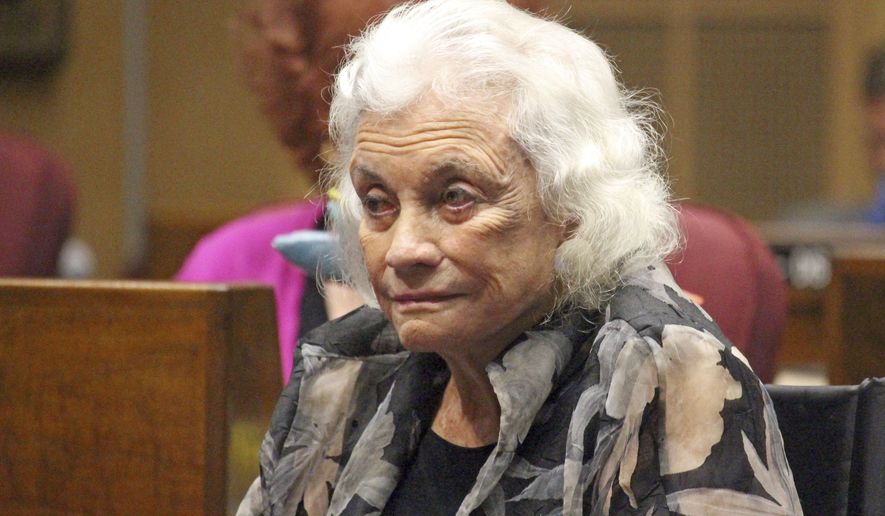OPINION:
James Madison, the author of the Bill of Rights, once said that “[g]overnment is instituted to protect property of every sort. This being the end of government, that alone is a just government which impartially secures to every man whatever is his own.”
The Supreme Court is now poised to hear a property rights case, Murr v. Wisconsin, which puts Madison’s principle to the test. The outcome may go far toward determining whether American governments will continue to respect established private property rights in an era of increased regulation — or whether they can avoid this duty simply by redefining “property” to make it go away.
The Murr case involves a family, a cabin and an adjacent, separate parcel of property that the government rendered useless. The story began in the early 1960s when plumber William Murr and his wife bought a small, recreational cabin on a lot fronting the St. Croix River in Wisconsin. A few years later, they bought an adjacent lot for investment purposes. That lot had separate boundaries and was taxed and treated as a piece of property.
The years passed, and the cabin became a gathering place for the extended family. When the Murrs’ children grew up, the Murrs gave them the cabin lot and the adjacent, vacant lot. Eventually, the family decided to sell the vacant lot for funds to fix the cabin.
The local rules seemed to allow this. Although the vacant lot was on the smaller side, it was grandfathered as a legitimate building lot due to its age — or so the Murrs thought.
Unfortunately, the Murrs soon learned that an obscure local regulation — enacted after their parents bought the two parcels — prohibited the owners of older lots from separately using or selling such lots if they also own an adjacent parcel. This meant that the Murrs’ vacant lot was not separate in the county’s eyes; it was part of the cabin lot they also owned. The practical result was that the vacant lot had been turned into open space. If someone other than the Murrs had owned the vacant lot, it could have been sold or developed independently.
Normally, Madison’s Bill of Rights has a ready solution: When the government takes property, including by depriving it of all economic use, it must pay fair market value. But when the Murrs sued, the Wisconsin courts concluded that there had been no unconstitutional taking of the Murrs’ property because the vacant lot wasn’t really its own property — despite its separate lot lines and tax status. The state court claimed the two Murr lots had to be treated as one larger “whole” parcel before deciding if the Murrs’ “property” was taken. This made it impossible for the Murrs to demonstrate a taking of their property due to loss of all use. The government had avoided its obligation to protect property — by defining it away.
The Murrs did not quit, however. Family gatherings continued at the cabin, but became legal strategy sessions, which ultimately resulted in the filing of a request to the Supreme Court to take their case. Ultimately, the Supreme Court agreed, and it will hold arguments on March 20.
The case raises critical property rights issues. If the government can get around its duty to compensate when denying all use of a piece of property by aggregating all property owned by a plaintiff (ignoring lot lines) to create a bigger area that has some use as a whole, many Americans with multiple lots will lose constitutional protections. They will have no right to compensation for a taking of a single lot simply because they happen to own additional property. This is wrong and inconsistent with the government’s historical role in recognizing established property titles — a role which gives certainty to everyone from property buyers to banks to real estate enterprises.
For the Murrs, the case boils down to basic fairness. They bought a separately deeded lot for normal investment reasons and the government taxed it as such for many years. It is unjust and wrong for government to change the game now, and to ignore lot boundaries, so it can strip the lot of all independent use without being charged with taking the property. The Murrs want to go back to more carefree family river days. But even more, they want to see the courts give teeth to Madison’s statement — that American government is intended to protect property, not to make it disappear so it can save a few bucks in takings compensation.
• J. David Breemer is a senior attorney with Pacific Legal Foundation, which represents the Murr family in their property rights case at the U.S. Supreme Court.




Please read our comment policy before commenting.